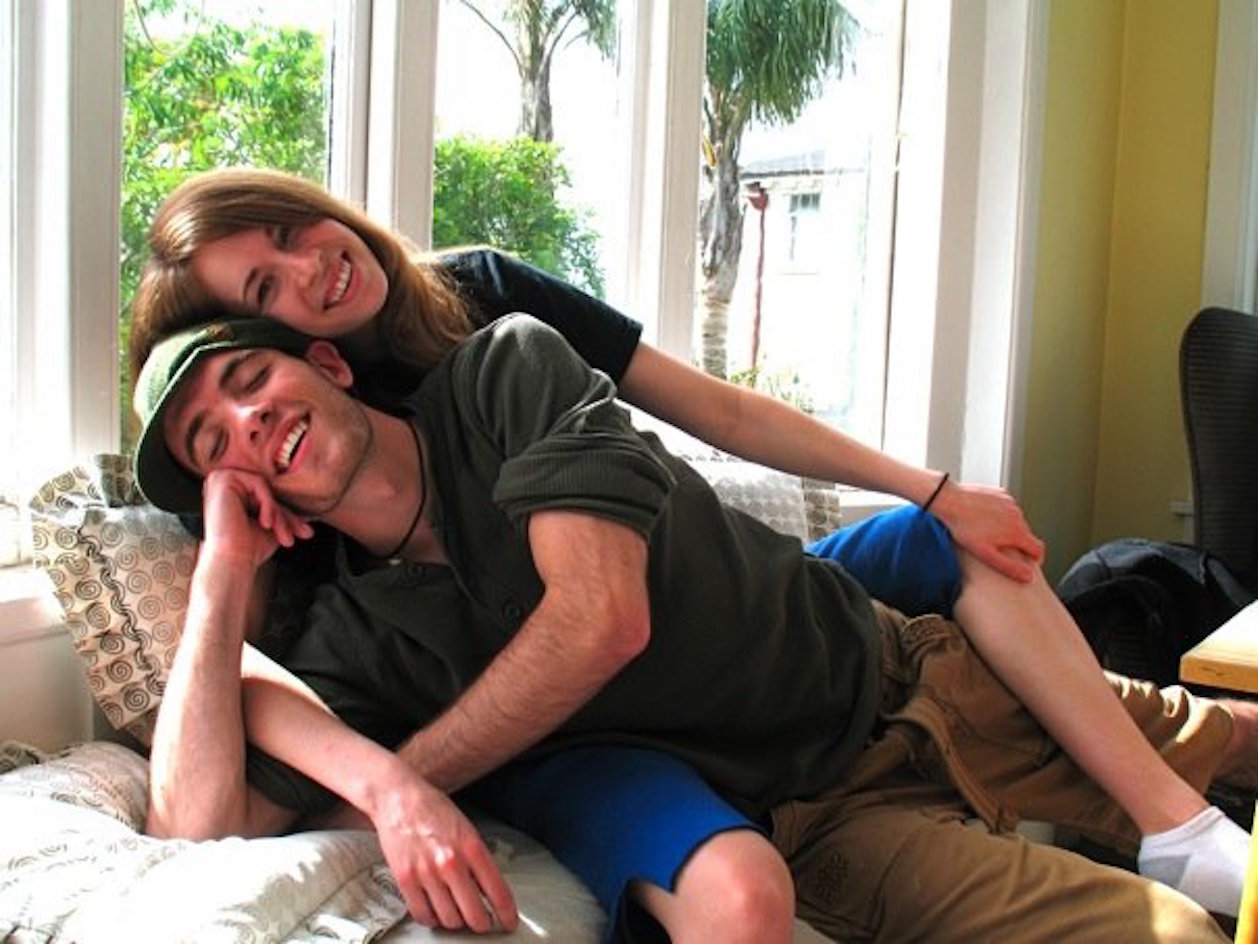In 2011, my older brother and only sibling, Scott, committed suicide. It was unexpected, a shocking turn of events for a 22-year-old woman whose main ambition was to live a calculated, controlled life. Then, whoosh! Everything changed in an instant, waves laying siege to my carefully constructed sand castle, stripping me of the one person who’d made me feel safe and at home, even when I didn’t feel those things in my own skin.
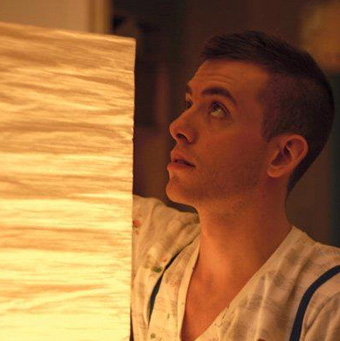 Grief is an elusive experience. After a few weeks of crying, I thought I’d grieved, checked that box. Things were meant to return to normal, life bending to my will once more, albeit with a new scar on my heart. But something was wrong. Now, I had nowhere to go to feel safe in my own skin, at home with myself. My emotions became erratic, my head fogged over, and my abilities to organize, plan, analyze ceased. Frightened, I did what any sensible person does when their world is crashing down around them: I ran.
Grief is an elusive experience. After a few weeks of crying, I thought I’d grieved, checked that box. Things were meant to return to normal, life bending to my will once more, albeit with a new scar on my heart. But something was wrong. Now, I had nowhere to go to feel safe in my own skin, at home with myself. My emotions became erratic, my head fogged over, and my abilities to organize, plan, analyze ceased. Frightened, I did what any sensible person does when their world is crashing down around them: I ran.
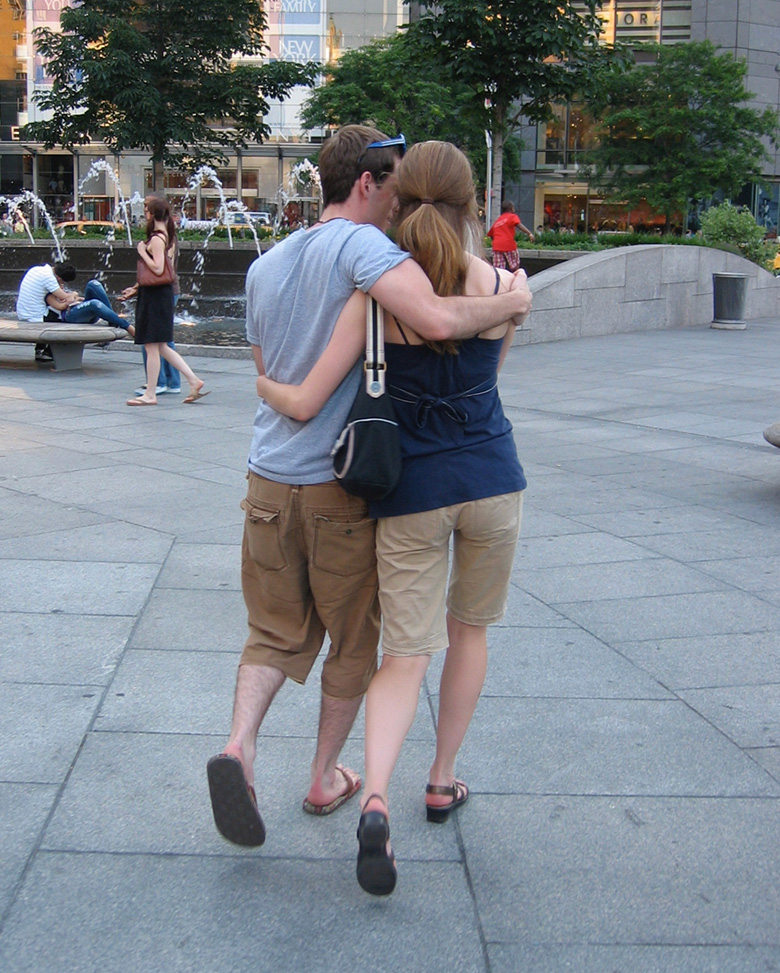
The opposite side of the world seemed far away enough. How about New Zealand? It was the perfect place for me to move past this tragedy and remake myself in a community with no preconceptions about who I was. Here, I thought, here is where I will emerge from my cocoon, transformed, stronger than before. But things didn’t go as planned. My emotions didn’t reign in, my head didn’t clear, and my control didn’t return. I felt myself being torn apart. What’s wrong with me? I repeatedly asked. Why can’t I pull myself together?
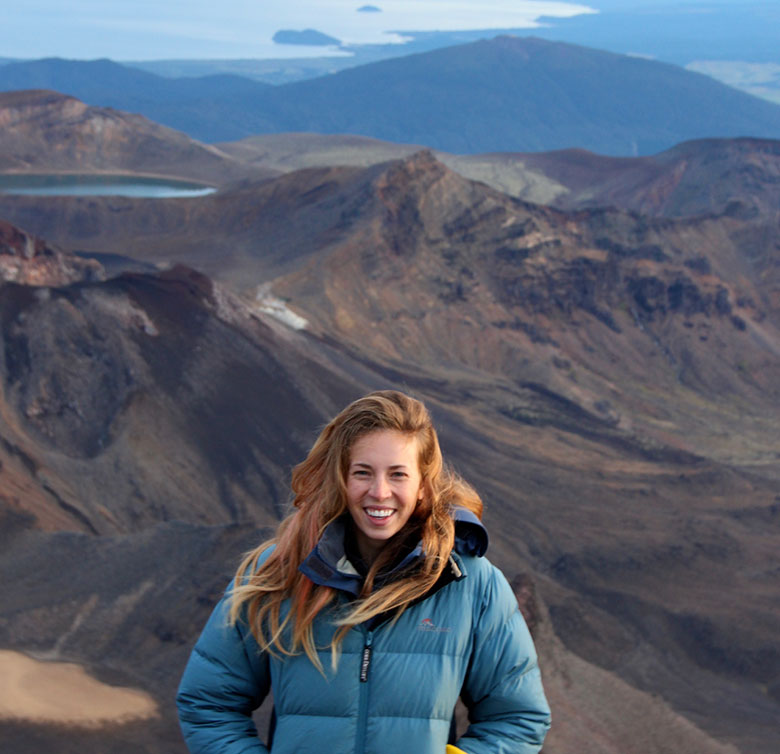
I wish I could say “pulling myself together” were as simple as mending torn seams. In reality, my journey back to emotional well-being was long and circuitous. However, there was a very distinct turning point, and that was when I final understood: the key to “pulling myself together” was actually something quite different, something far scarier. It was letting myself fall apart.
After two years of living abroad, right before I returned to the United States, I caved. All of my hard-to-control emotions broke through the floodgate in an epic breakdown to my girlfriend.
“You need to take care of yourself, Laura,”
she said to me, anchoring her hands in mine, her gaze steady despite my trembling body.
“You need to take things slowly and listen to your needs. There are a lot of people here who want to support you.”
She was right. I had been frantically trying to rebuild my sand castle, to create my “perfect life” where difficult emotions didn’t exist, a life where Scott wouldn’t have died. But the walls kept caving in, leaving me exhausted and frantic. Who would I be without my constructed reality? Who was I without Scott helping me feel at home?
Slow down. Listen to your needs.
After a bit of reflection, I knew what I needed. No more running, no more hiding, no more controlling. I needed to tell my story. I needed to start befriending my emotions instead of pushing them away. I needed to let go and trust everything would be fine.
Returning to the US, I did something drastic. I decided to perform a one-woman play about Scott’s loss and my experiences through grief. It was my chance to fully embody my story and explore my emotions. It was my chance to share intimately with my community, thinking Scott’s friends and family might have been feeling similar things. But mostly, it was my chance to be with someone and admit, “This sucks and I’m hurting. Do you mind if we sit together for a while?”
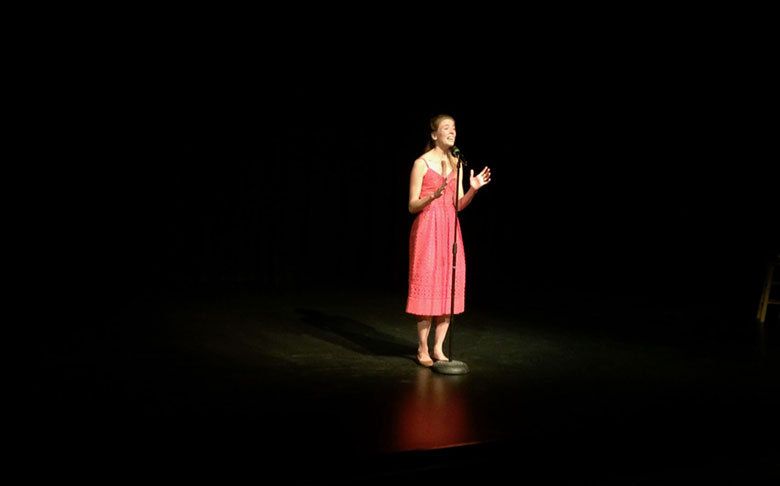
What I didn’t know ahead of time was how much an experience like that was needed. After just one performance, it was clear: community has a unique power to help individuals heal. At the end of my performance, the 25 attendees formed an impromptu circle. We took turns passing a heart-shaped stone, each person weighing the smooth rock in their hands while sharing their own story. Tears pooling, they thanked me for being vulnerable enough to open up, for being brave. I can’t say I felt brave – I’d never been more terrified in my life – but I certainly felt irreversibly changed.
Now, I perform and lead discussions all over the country. I’ve come to realize my experience in grief is not unique. We all encounter challenges that don’t fit into the normal constructs of our lives, and many of us aren’t taught how to grow through them. Instead, we push them away – I shouldn’t still be sad about that, it happened years ago! – rejecting the exact thing that has the power to unite us and make us more human. Our greatest challenges are often the catalysts for our greatest transformations, if only we’re brave enough to face them.
I don’t know where I’d be if it hadn’t been for my friend who held me and showed me I was loved, even in my worst hour. That day she told me,
“Sometimes we need someone else to believe in us before we can believe in ourselves.”
Scott believed in me, she believed in me, and now it’s my turn to believe in you. Life cannot be controlled any more than the ocean can be tamed. No matter what comes your way, know that you have all the resources you need to evolve through it, you have the softness in your heart to love even more deeply because of it, and you have the bravery to turn back to the world and share your story. Because the one thing the world needs from you, more than anything else, is your own beautiful, authentic, vulnerable story.
– Laura
If you or someone you know is in crisis and needs help, please call the National Suicide Prevention Hotline

